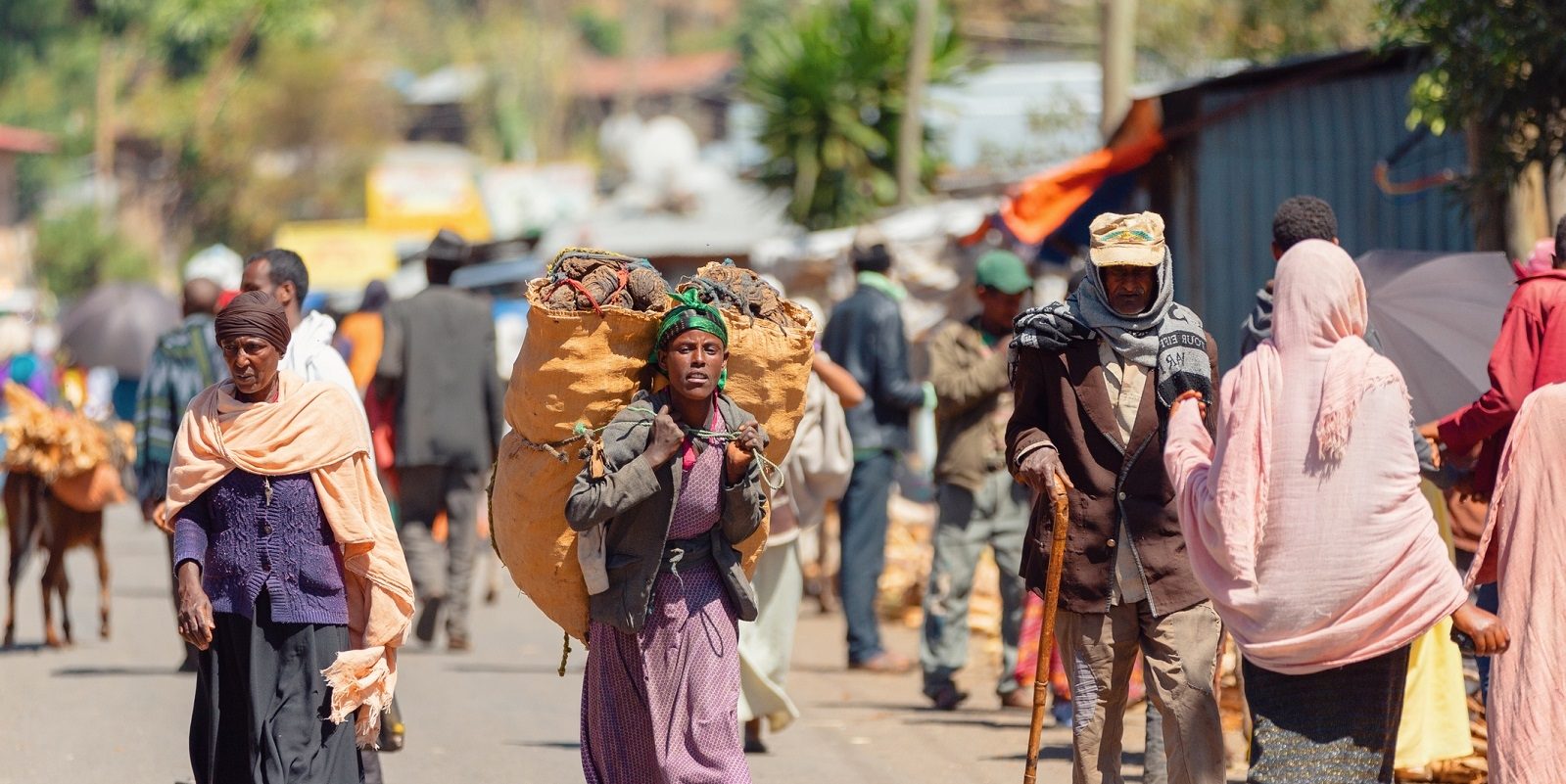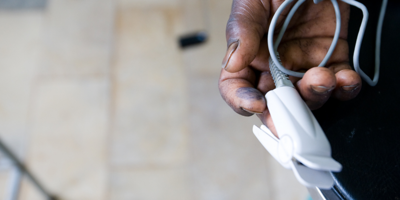
Harnessing the focus on reducing COVID-19 impact to fight the invisible pandemic of NCDs in Ethiopia
Since emerging late last year the coronavirus disease (COVID-19) pandemic has swept the globe. Across Africa a total of 88,172 confirmed cases and 2,834 deaths have been reported. Ethiopia, Africa's second most populous nation first confirmed the disease’s presence on 13 March, two days after the World Health Organization (WHO) categorised it as a global pandemic. Since then, confirmed infections have climbed steadily to 365, with five deaths announced.
Considering the gravity of the disease, the Ethiopian government has enacted a National State of Emergency according to Article 93 of the Constitution. Since then, in addition to advising hand washing and maintaining physical distancing, the federal and regional governments announced measures such as suspending large gatherings and inter-city public transport, imposing travel restrictions and shutting down all education institutions. With these safety measures in place, other concerns emerge. Governments and society as a whole engaging in the fight against the COVID-19 pandemic would do well to remember the role of non-communicable diseases (NCDs) risks in this scenario.
The COVID-19 pandemic has created an environment that promotes reduced amounts of habitual physical activity owing to self-isolation and quarantine requirements, reduced opportunities to remain physically active and fear of being infected. Sustained physical inactivity (not meeting the physical activity guidelines) and sedentary behaviour (too much sitting) are typically associated with increased risk of type 2 diabetes mellitus, cardiovascular diseases (CVD), obesity, metabolic syndrome, and other chronic diseases.
WHO report revealed that physically inactive persons have a 20%–30% increased risk of all-cause of mortality as compared with those who participate in 150 minutes of moderate intensity physical activity per week. Evidence from this and previous pandemics also suggests that without proper management, chronic conditions can worsen due to stressful situations resulting from restrictions, insecure economic situations, and changes in normal health behaviours.
Physical distancing or quarantine can also lead to poor management of NCD behavioural risk factors, including unhealthy diet (rely on processed and canned food with longer shelf life and higher quantities of sodium), tobacco use, and harmful use of alcohol. Furthermore, COVID-19 is exacerbating food shortages, as food imports, transportation and agricultural production have all been hampered by a combination of lockdowns, travel restrictions and physical distancing measures. The burden of movement restrictions and lockdowns is being felt particularly strongly by low-income households and those working in the informal economy due to their loss of livelihoods and inability to access markets. While there has been little research so far into malnutrition as a co-morbidity for COVID-19, people with weakened immune systems as a result of undernourishment are at greater risk of a range of serious illnesses and so are likely to be more severely affected by the virus.
Another aspect to consider is the distance that people need to travel for health care. In Ethiopia, the only available NCD diagnosis, treatment and care services are situated in urban hospitals far away from the vast majority of rural areas, where 82% of the population live. COVID-19 related restrictions on movement impose an additional challenge for people living with NCDs who need to travel to access higher-level health facilities or obtain medicines.
Along with implementing travel restrictions and encouraging social distancing, WHO also recommended regular handwashing with soap and running water as one of the cheapest and most effective things you can do to protect yourself and others against COVID-19. Even this most basic precaution is difficult in Ethiopia due to a lack of water making good hand hygiene impossible for millions of people. Water points, when available, are only in certain locations and are even harder to access when there are restrictions on movement to prevent or contain an outbreak of COVID-19. This is a stark reminder of how people in Ethiopia become victims of a vicious cycle. Limited access to water reduces the ability to maintain hand hygiene and increases the risk of infection and transmission. Infection leads to illness and isolation measures, making it difficult for people to continue earning a living and increasing vulnerability of people of all ages, perpetuating this cycle. In children there is strong association between poor water, sanitation, hygiene (WASH), and undernutrition, which are known risk factors for child developmental deficits, and predisposes to obesity, diabetes and other chronic diseases in later adulthood.
Therefore, in times when the international community, national and local governments and society as a whole are engaging in the fight against the COVID-19 pandemic, it is important to remember the ongoing impact of NCDs.
To succeed the national struggle against the pandemic, it will be critical to prioritize the needs of people with pre-existing NCDs, as they are particularly susceptible to worse outcomes with COVID-19. Adopting dietary plans, staying active and maintaining a physical exercise routine for mental and physical health should be encouraged in the population. Furthermore, Ethiopian governments must take this opportunity to work with global partners to provide continuous access to sufficient water for those living in the most vulnerable conditions. Adopting these measures now, when the focus on health is paramount, ensures that when the horrific COVID-19 pandemic is behind us, we will have also made progress towards reducing the impact of deadly pandemic of NCDs.







